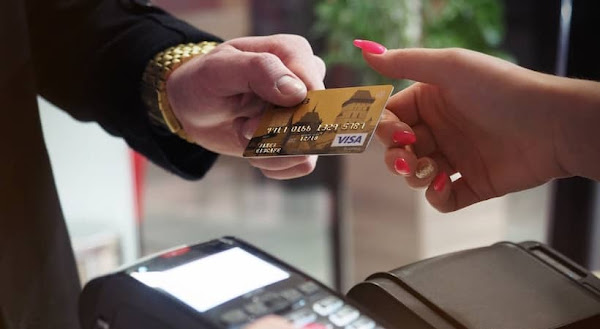4 Business Credit Card Mistakes You Shouldn’t Make
When you’re starting a small business, your main financial backers may be you, yourself, and your credit card. On the one hand, it’s exciting: you decide!
On the other hand, choosing the wrong business credit card can put your business in financial trouble or increase your personal legal risk. Before relying on plastic, be sure to avoid these common mistakes.
1. Increased credit card debt for an untested idea
Business credit card debt is easy to get, but difficult to pay off, especially when they carry high interest rates. This is why using a credit card to fund unproven business concepts is considered risky.
How to avoid this error: If you must use a credit card, use it to extend an already proven concept.
Suppose you want to start a business card business. Before going into debt with a credit card to immediately order a large amount of inventory, show the models to potential customers, ask them to tell you what they prefer, and order accordingly. You can also place pre-orders to gauge interest.
2. Assign cards to employees without an account policy
Giving credit cards to your employees certainly makes it easier to delegate work tasks. But without a clear spending policy, taking on a simple task of purchasing office supplies may end up costing much more than expected.
Since employee credit card balances are usually charged to your small business credit card account, uncontrolled spending can reduce your bottom line. As the balances accumulate, your company’s credit rating — and perhaps your personal credit rating — may drop, making it difficult to obtain business loans or other forms of credit.
How to avoid this error: Get a small business credit card that allows you to set employee card limits and create expense notifications.
If an employee has a card, you definitely need to set limits and get alerts for anything over a certain amount — which is important to you.
3. Justify overspending on credit cards with tax deductions
Do you tend to charge your business credit card for new computers or fancy software in the name of reducing your company’s tax liability? Just remember that “endurance” does not mean “free.”
A deduction is nice, but you still have to pay for these expenses. Business expenses can reduce your company’s net income, which lowers your taxes. But you still have to pay taxes on the remaining net income. And of course, you’ll also have to pay your company’s credit card bill.
How to avoid this error: Ultimately, you don’t want your business to continually spend more than it earns. If your startup tends to overspend, take stock of your expenses and look for ways to cut costs. Don’t let discounts dictate your spending strategy.
Small business owners should monitor their business’ cash flow carefully and pay attention to credit card bill balances and due dates. To do this, you can set up email or SMS alerts.
4. Use the same credit card for business and personal expenses
Establishing a Limited Liability Company, or LLC, is a good first step in minimizing your personal legal risks. But if your personal and business credit cards are the same, they may not offer much protection.
Generally, by mixing funds or using trading funds for personal funds, you run the risk of losing the limited liability protection you get through an LLC.
How to avoid this error: After setting up an LLC, make sure that you comply with all operating procedures. to start, Open a commercial bank account and a business credit card.
Ensure that all funds for your business go into your business bank account, and that all business expenses are taken from your checking account or through your business credit card. If you accidentally used your business card for personal expenses, reimburse that amount to your company.

